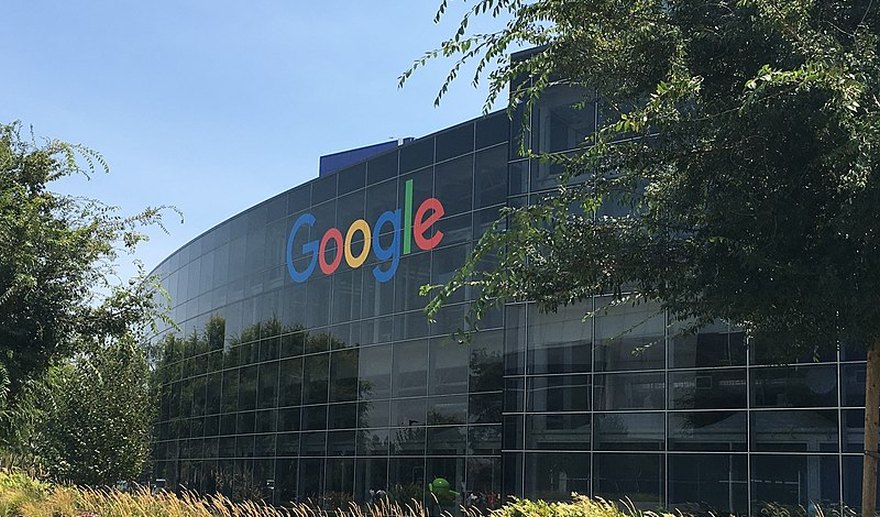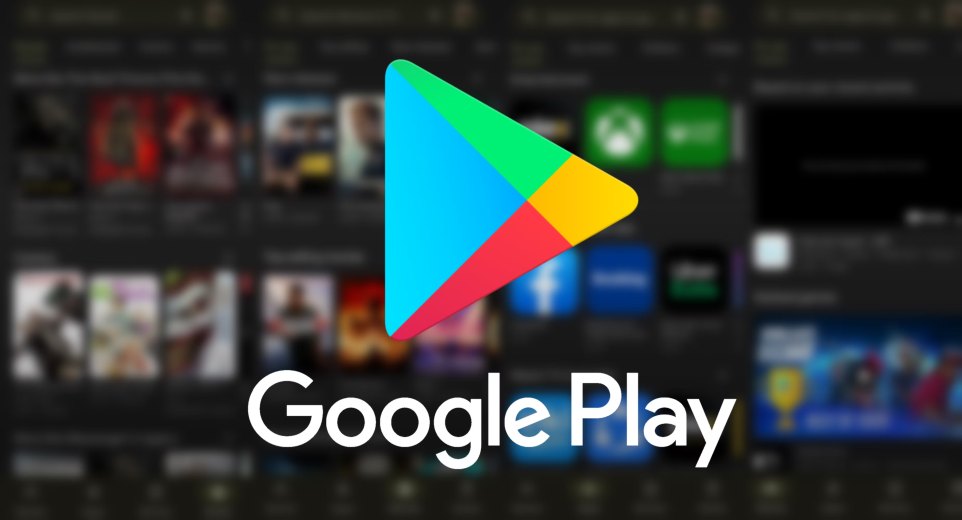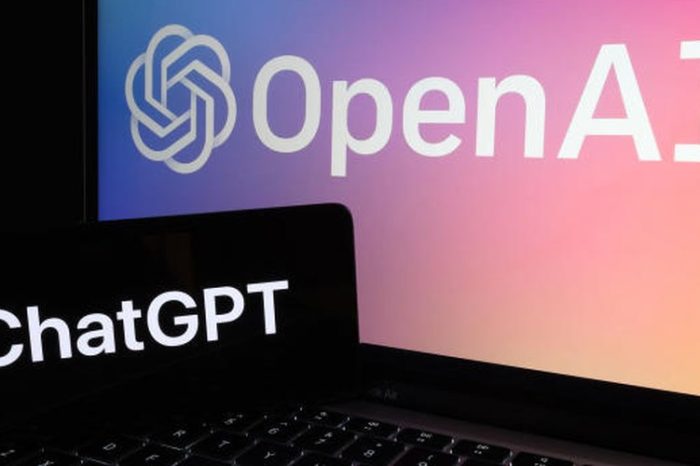Google hit with $700 million penalty for Play Store monopoly

Google has agreed to a $700 million settlement with U.S. states and allows for more competition in its Play app store as part of an antitrust deal with U.S. states and consumers. The terms were disclosed in a San Francisco federal court on Monday.
This marks the second instance where Google’s app store has been deemed an illegal monopoly. The recent decision comes just a week after Epic Games scored a major victory three years after suing Apple and Google over claims of running monopolistic app stores.
Under the antitrust settlement, Google will contribute $630 million to a fund for consumers and $70 million to a state fund, pending final approval from a judge. Eligible consumers will receive a minimum of $2, with potential additional payments based on their spending on Google Play between Aug. 16, 2016, and Sept. 30, 2023. All 50 states and the District of Columbia, Puerto Rico, and the Virgin Islands are part of the settlement, Reuters reported.
The accusations against Google included overcharging consumers through unlawful restrictions on app distribution on Android devices and imposing unnecessary fees for in-app transactions. Although Google did not admit wrongdoing, a California federal jury recently sided with “Fortnite” maker Epic Games, declaring parts of Google’s app business as anti-competitive.
Google’s Vice President for Government Affairs and Public Policy, Wilson White, stated that the settlement reinforces Android’s choice and flexibility, maintains security protections, and allows Google to compete with other operating system makers.
As part of the agreement, Google will enhance the ability of app and game developers to offer consumers an alternative billing option for in-app purchases alongside Play’s billing system. The company also mentioned the pilot of “choice billing” in the U.S. for over a year.
In addition, Google committed to simplifying users’ ability to download apps from developers directly. Lawyers for the states emphasized in their court filing that the settlement terms provide substantial relief for consumers and noted that no other U.S. antitrust enforcer has secured remedies of this magnitude from Google or another major digital platform.
Meanwhile, Epic Games, which sought an injunction rather than monetary damages, expressed dissatisfaction with the settlement. Epic plans to propose changes to Google’s Play store in the next phase of its trial. Epic CEO Tim Sweeney, in a social media post, suggested that the states could have secured larger damages if they had prolonged the legal battle.
In a statement, Epic public policy head Corie Wright said the states’ settlement “did not address the core of Google’s unlawful and anticompetitive behavior.”
While this settlement addresses concerns related to the Play app store, Google continues to face other lawsuits challenging its search and digital advertising practices, maintaining its denial of wrongdoing in those cases.


